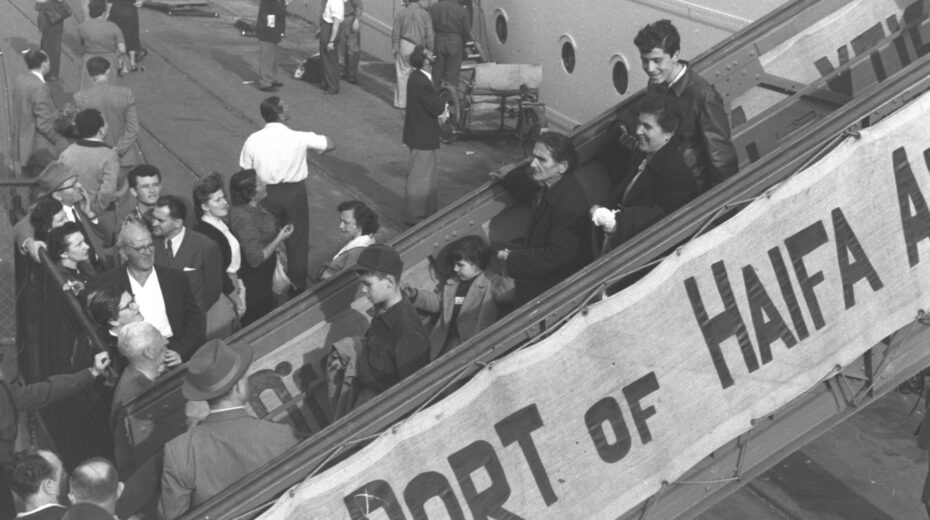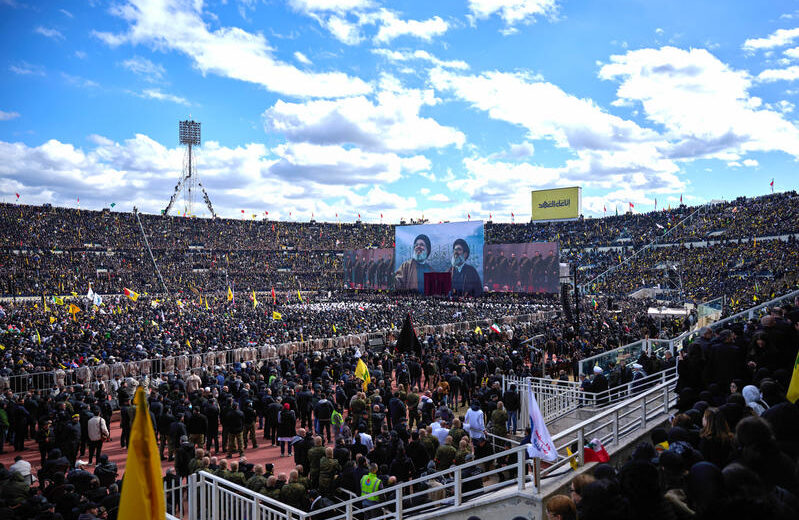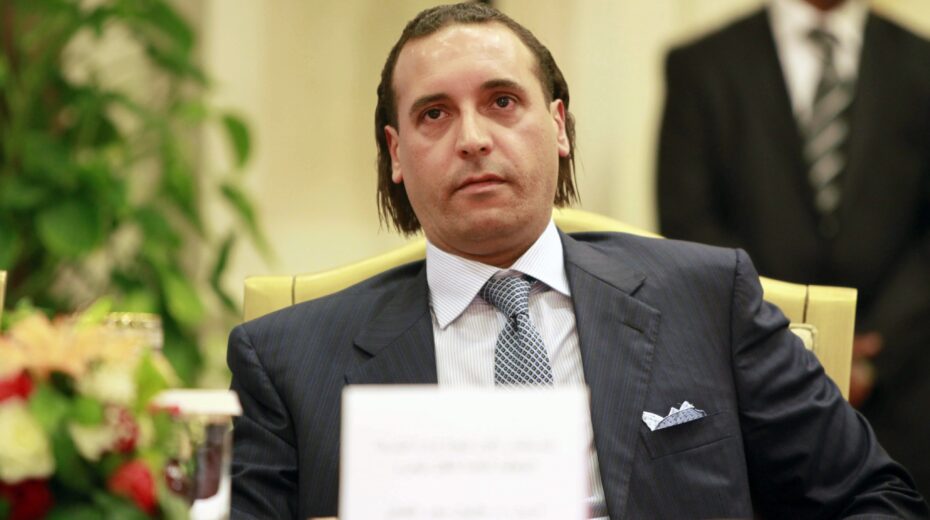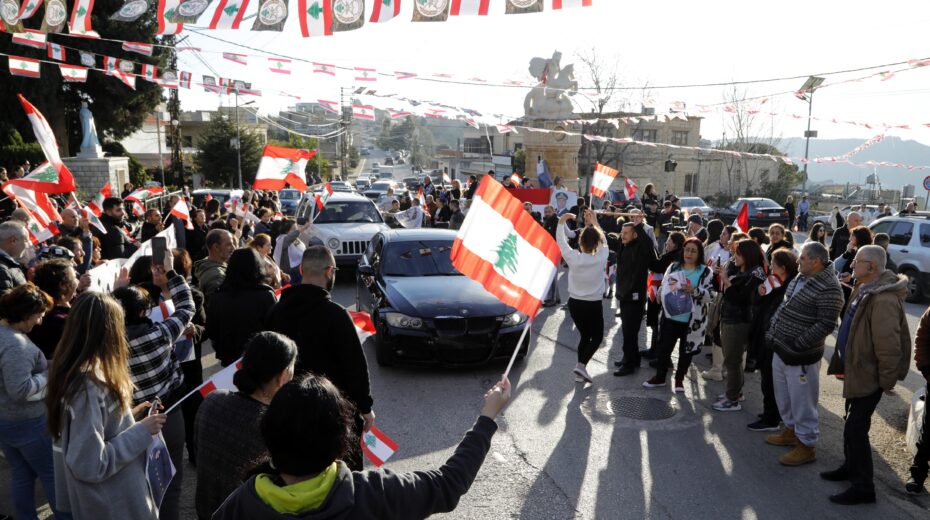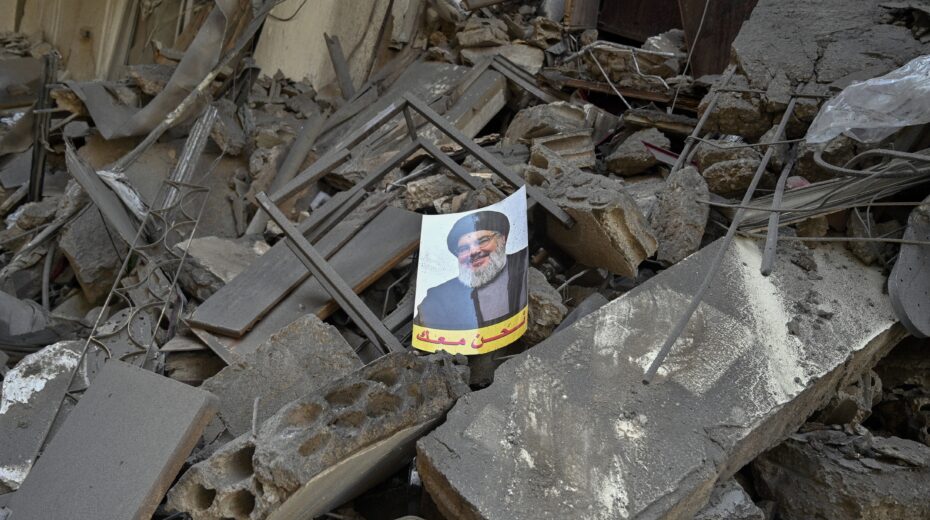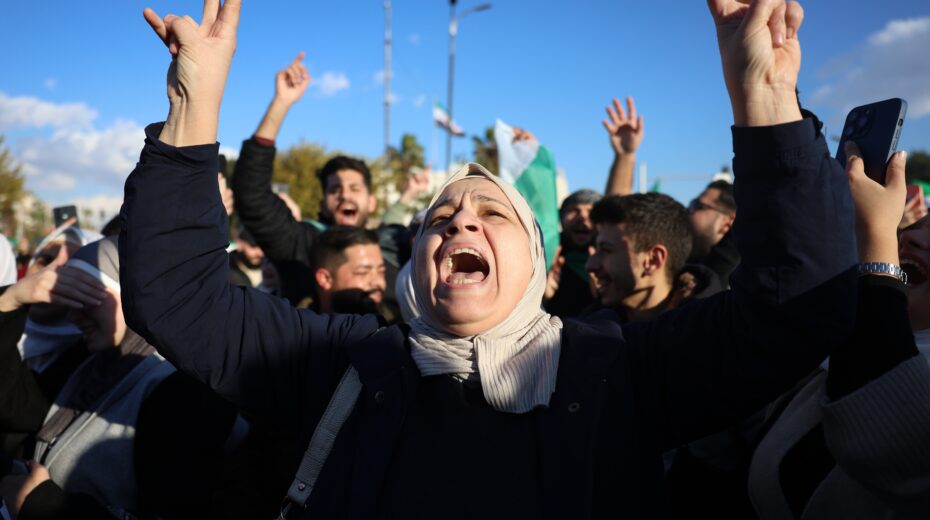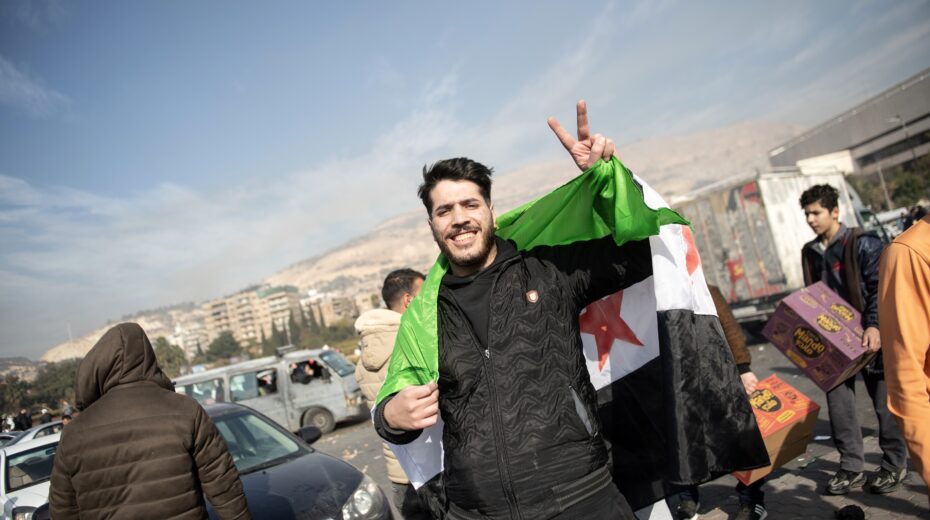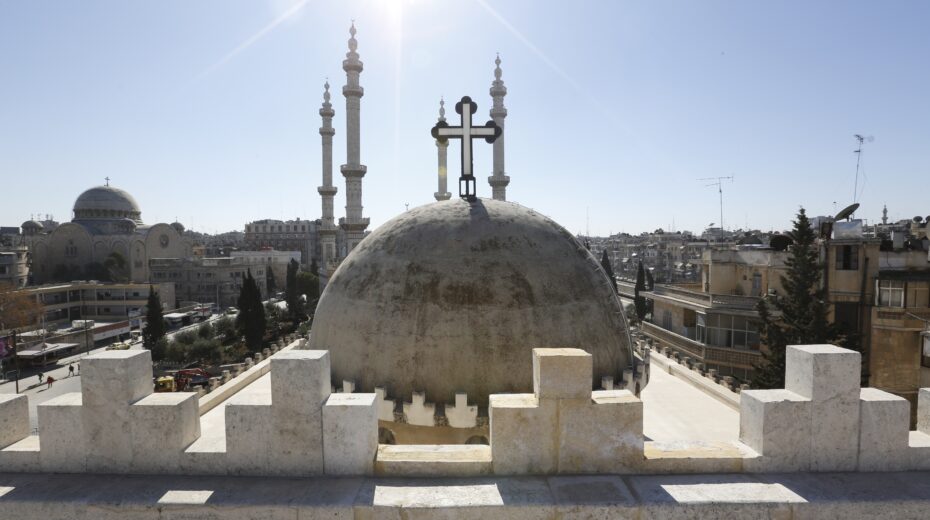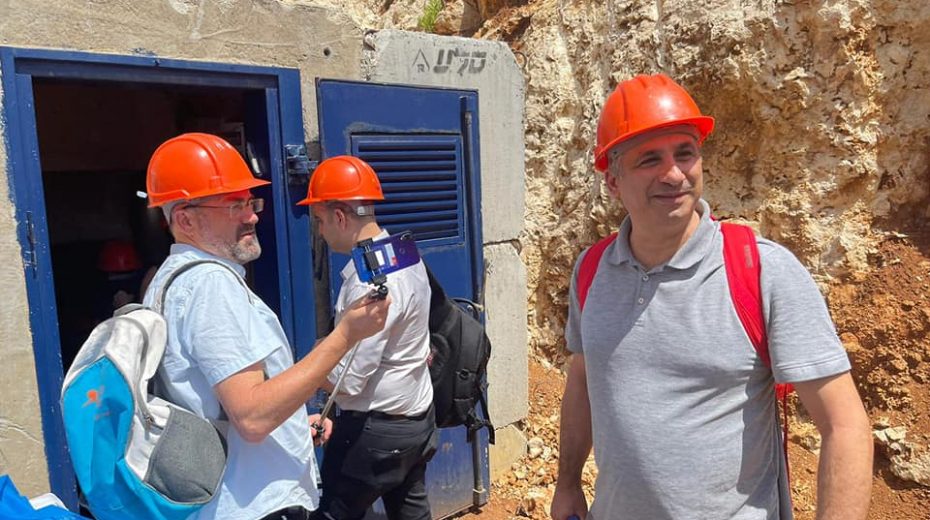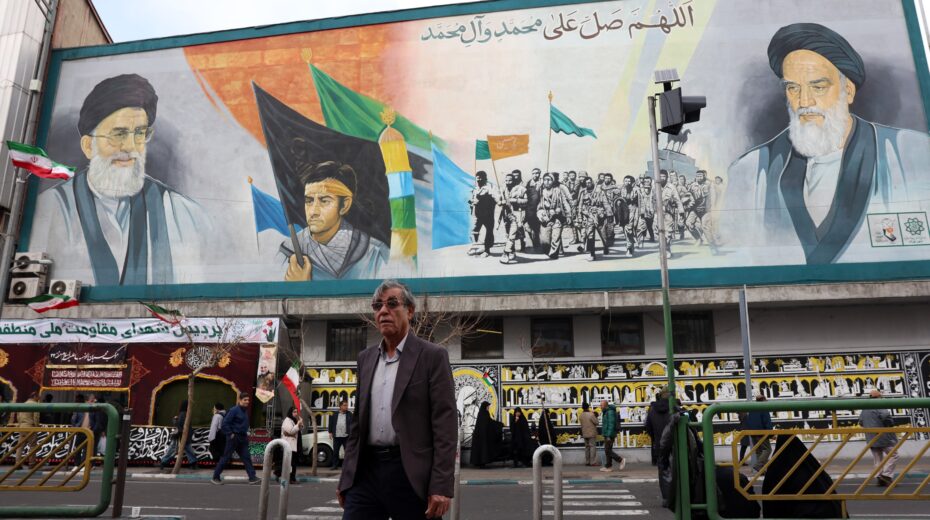New report on the expulsion of the Jews from Egypt: More than $59 billion in losses and the end of a millennia-old story.
Author - Edy Cohen
Dr. Edy Cohen is a historian, media commentator and journalist holding an official Israeli press pass specializing in inter-Arab relations, the Arab-Israeli conflict, Islamist terrorism, and the history of Jewish communities in the Arab world. He earned his doctorate at Bar-Ilan University and currently serves as a researcher at the Begin-Sadat Center for Strategic Studies.
Dr. Cohen grew up as a Jew in Lebanon (!), completing his early years of education in Christian schools. In 1991, like so many other 20th-century Jews struggling to preserve their rich heritage within hostile Arab societies, Edy Cohen and his family were forced to flee lethal Arab anti-Semitism. Once resettled in Israel, he was able to manifest his love for Israel and commitment to Zionism openly and freely, and today Dr. Cohen is well known for his willingness to both call out anti-Semitism wherever it lurks and challenge any and all signs of retreat from Zionism’s fundamental tenets.
As a native speaker and writer of Arabic, Dr. Cohen regularly crosses media divides, communicating directly with Arab audiences and providing them with perspectives on Israel that they would otherwise never receive.
More articles from Edy Cohen
The message was clear: Hezbollah remains strong and will continue its slain leader’s wicked path.
I have written hundreds of articles on difficult Middle East topics. Few made me feel as uncomfortable as this.
The tragic story of the son of former Libyan leader Muammar Gaddafi, who has been imprisoned in Lebanon without his family since 2015.
Israel Today commentator Edy Cohen on the political and social challenges in Lebanon following the election of Joseph Aoun as president.
Will Hezbollah soon be disarmed? Middle East expert and Israel Today correspondent Edy Cohen on the consequences of the Israeli offensive “Arrows of the North” and the uncertain future of Hezbollah in Lebanon.
Middle East expert and Israel Today correspondent Edy Cohen on the consequences of the fall of Assad for Syria and the region.
Middle East expert and Israel Today correspondent Dr. Edy Cohen on the geopolitical upheavals after the fall of Assad and their effects on Israel.
Israel Today correspondent Dr. Edy Cohen on the current developments and background to the situation of Christians in Aleppo.
As Lebanon disintegrates, the IDF gives Israel Today correspondent a tour of Hezbollah’s handiwork.


